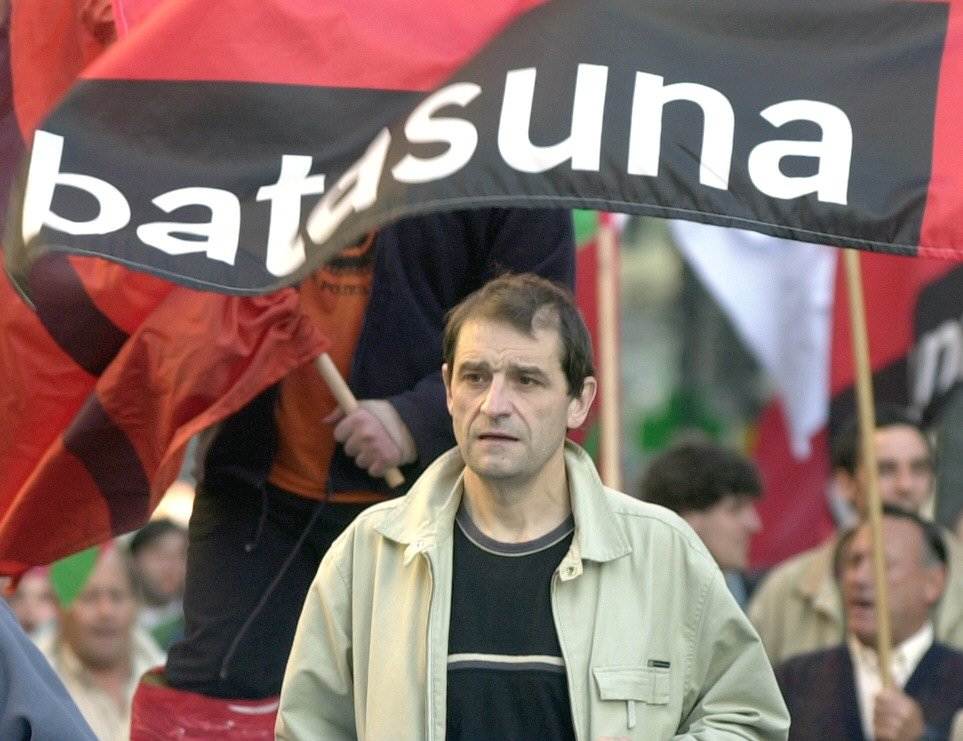Former ETA leader José Antonio Urrutikoetxea, Josu Ternera, acknowledges taking part in the murder of Galdakao mayor Víctor Legorburu, a crime for which he was never prosecuted, and over which he avoided trial thanks to Spain's 1977 Amnesty Law, in the new documentary directed by Jordi Évole, No me llame Ternera ("Don't call me Ternera"). Although the era of ETA terrorism ended in 2011, the still-recent violent conflict in the Basque Country remains one of the rawest social and political wounds in the Spanish state, and this film made by well-known journalist Evolé is to premiere at the Basque Country's most celebrated cinema event, the San Sebastián International Film Festival.
It begins with an interview with an ex-policeman from the town of Galdakao, Francisco Ruiz, who was shot while trying to protect mayor Legorburu, according to El Correo. As the newspaper explains, in the documentary Ruiz is shown the "images in which Josu Ternera is seen admitting that he took part in the crime" and the former policeman is asked to comment "what these words suggest to him". It should be noted that three members of ETA were prosecuted for the murder of the Galdakao mayor, but not Urrutikoetxea. As El Correo states, the accused were never sentenced for the crime, once the amnesty law was passed in 1977, and, says the Basque newspaper, this fact meant that "this and other crimes were given a free pass".
Controversy over the documentary about Ternera
The premiere of this documentary about the ETA member at the Donostia-San Sebastián festival has raised significant controversy, so much that the festival has been forced to issue a statement to defend that the film "offers a tough and unprecedented look" at Urrutikoetxea's career as leader of the terrorist group. The director of the festival, José Luis Rebordinos, insisted that allowing a voice to be heard is "not saying that it's right", after a letter signed by 514 people, including personalities from the world of journalism, literature and academia was published, seeking to halt the projection of No me llame Ternera on the grounds that it "whitewashes ETA".
"We do not share their opinion that the film should be withdrawn from the programming of this next edition of the Festival due to the fact that it has Josu Urrutikoetxea as its protagonist and that he has had major responsibility in the trajectory of the terrorist group ETA", stated Rebordinos, remarking that the documentary "neither justifies nor whitewashes ETA". Among the opponents of its projection are victims of terrorism and members of the National Police and Civil Guard, who believe that Ternera should appear "before justice" and not on a film set.
For their part, the public prosecutors at Spain's senior criminal court, the National Audience, have refused to view the film prior to its festival showing, asserting that it is protected by the freedom of the press and that, therefore, "it cannot be restricted through any kind of prior censorship" .

